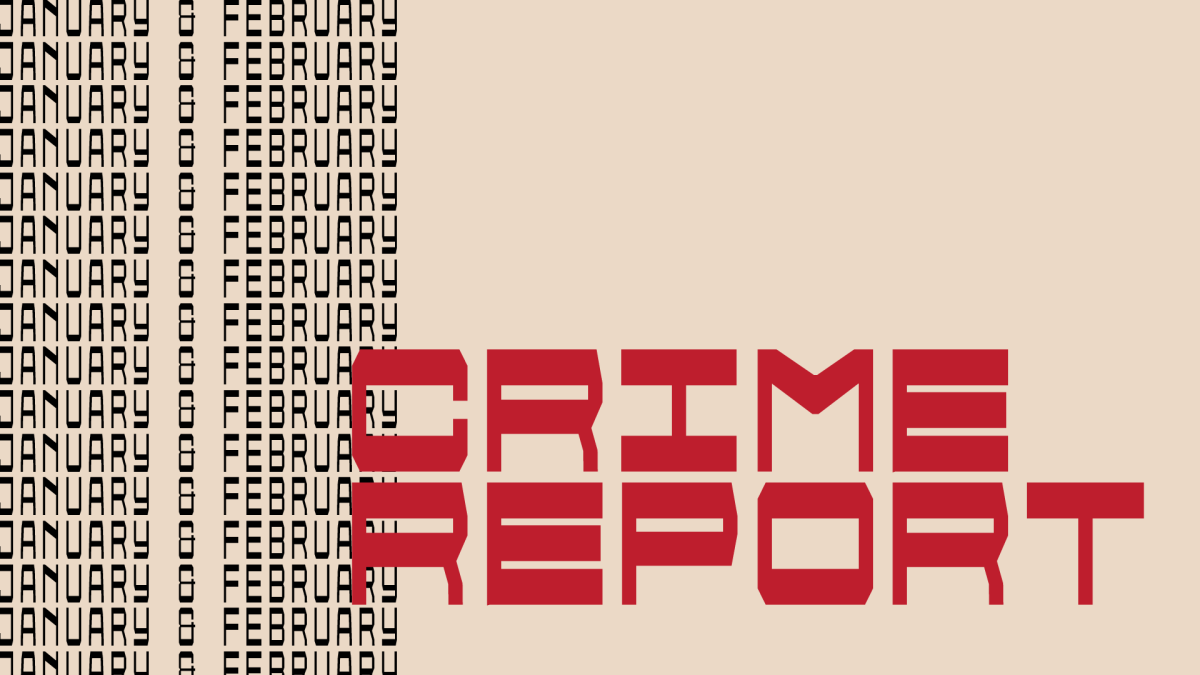Saifee: More UUPD Accountability and Transparency Is Important, But Not Enough
UnSafe U protesters gather at the Public Safety Building on the University of Utah campus in Salt Lake City to protest the actions of officers involved in the Lauren McCluskey case on Aug. 6, 2020. (Chronicle archives)
March 10, 2021
Last summer’s racial justice protests shed light on the unjust and corrupt nature of America’s police force. We saw videos and images of police demonstrating excessive force on peaceful protesters, and some of us may have experienced it firsthand. Now, more than ever, the majority of Americans agree that there needs to be police reform.
Unfortunately, these demands of police reform are exceedingly familiar to University of Utah students. The University of Utah Police Department has repeatedly proved that they are untrustworthy and inept regarding student safety. Women especially have complained about not being taken seriously — brushed aside and left without the support they need. Most notably, Lauren McCluskey’s case was riddled with police misconduct from the start. Her death was preventable and the UUPD is to blame.
Two bills in the legislature, H.B. 59 and S.B. 13, aim to bring accountability and transparency to police departments — a promising start to police reform that is imperative for student safety.
Rep. Andrew Stoddard’s H.B. 59 would prohibit law enforcement officers from distributing intimate images for unofficial purposes. This bill is pertinent to the gross abuse of power exhibited by former officer Micheal Deras in Lauren McCluskey’s case. Deras inappropriately showed intimate photos of Lauren to other colleagues. Instead of working to ensure Lauren’s safety, he furthered the notion that women will be taken advantage of by the very people positioned to protect them. Deras didn’t face charges for his despicable actions because there was no Utah law in place to address intimate image distribution at the time. Hopefully, now there could be. Stoddard’s bill would ensure that there are adequate punishments in place for police officers’ wrongful actions, extending to those who are complacent in the face of wrongdoing.
Sen. Jani Iwamoto’s S.B. 13 adjusts the requirements for internal investigations in law enforcement departments and would increase the transparency of police officer records internally and between departments. Devon Cantwell with UnsafeU believes that this bill would allow the University of Utah to make smarter hiring decisions for UUPD in the future. Cantwell told me that it is important for the university to know an officer’s entire background history and record before hiring them to work with campus populations. Under Iwamoto’s bill, police departments would be required to report the reasoning behind an officer’s departure. Additionally, departments would be allowed to send letters of caution to other departments once an officer is terminated. This bill would also enable police officers’ internal investigations to continue after resignations or terminations, whereas, in the past, investigations have been halted. This is also potentially relevant as the University of Utah recently placed Police Chief Rodney Chatman on leave after serving only ten months in his position.
Though these bills could bring necessary accountability to police departments across Utah, UnsafeU is unsure whether reform is actually possible for UUPD. Years of mismanagement of UUPD has left wide gaps in campus safety, spurring a loss of student trust. University of Utah’s campus climate survey showed most students do not trust the police department. Instead of pouring more money into UUPD, UnsafeU believes that money would be better spent on preventative resources for students to utilize. Campus resources that already exist like the Counseling Center, Student Wellness Center, Women’s Resource Center and the McCluskey Center for Violence Prevention should be bolstered instead.
Along similar threads, my fellow opinion writers Sonia Weglinski and Isaac Reese have pointed out that the University of Utah’s administration lacks the transparency and accountability demanded of its police force. Weglinksi wrote about how commonplace stories of sexual assault are on campus, reflecting the university’s low accountability standards. Reese critiqued the University of Utah’s Independent Review Committee, which was created to investigate any disputes or allegations with UUPD. However, the committee didn’t include any student representatives that are directly elected by the student body.
With President Ruth Watkins’s departure, there may be a chance for students to voice their concerns and demand a better campus. UnsafeU wants to see the new president commit themselves to permanent infrastructure for the McCluskey Center for Violence Prevention. They also want to see a president who has worked extensively with marginalized student populations because they can bring their experience to transitioning UUPD to be more community-oriented. And they would also like to see a representation of graduate, LGBTQ+ and BIPOC students on the presidential search committee. These measures are notable ways that we can further increase representation, transparency and accountability at the U, beyond the important legislation already proposed in the legislature.
UUPD and the University of Utah at large have a long uphill battle to regain students’ trust. Rep. Stoddard and Sen. Iwamoto’s proposed legislative bills will hopefully bring about more police accountability and transparency to the UUPD. But there also needs to be continued concrete action from the administration for students to feel safe at the University of Utah.












